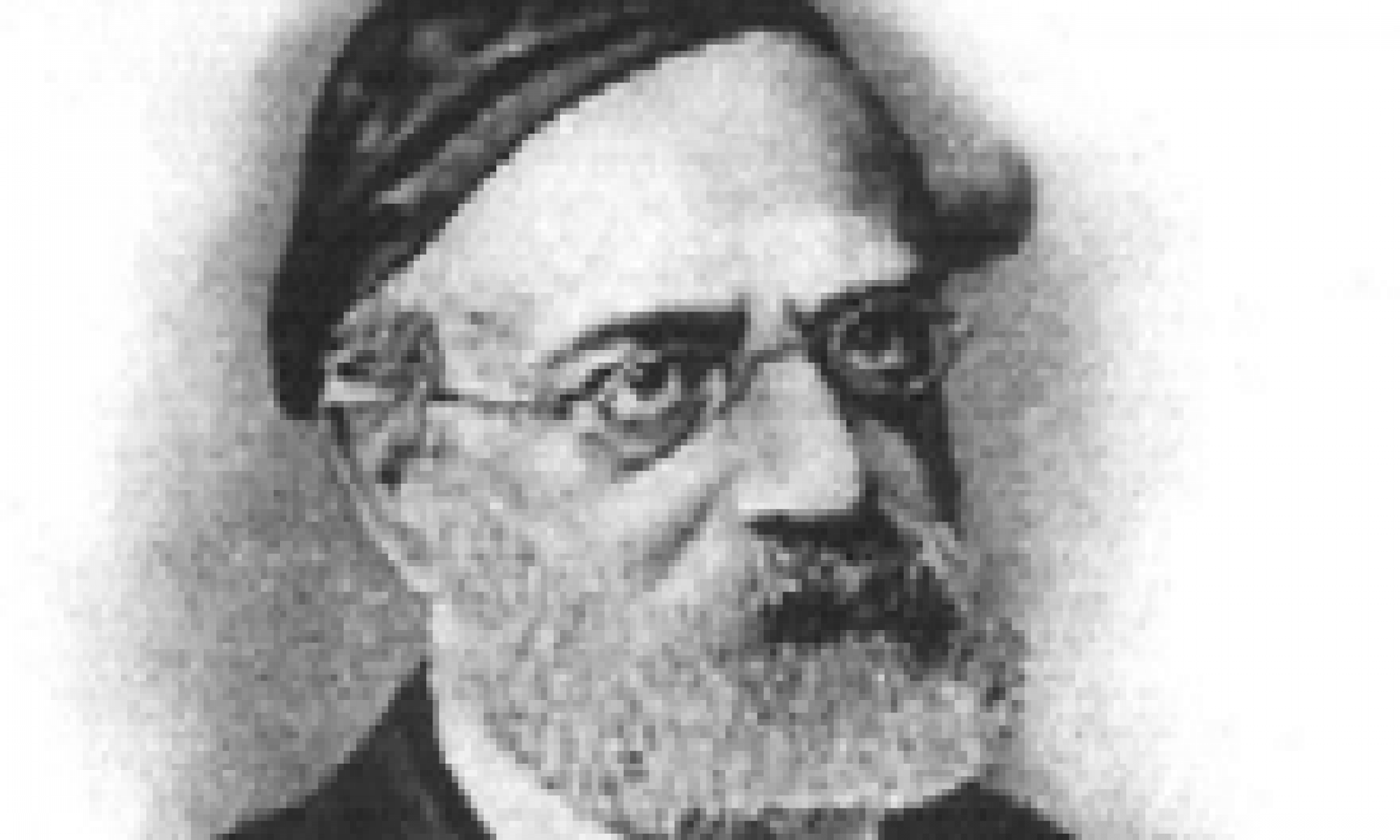1. Organic life is highly diversified into many species. God’s Law of Limino/Limineihu causes each species to develop within its narrow sphere.
As plant life develops and diversifies, it appears to be operating with a large degree of freedom, developing from grass to plants to complex organisms. However this is a freedom without option, each species develops within very specific boundaries and limitations.
2. There are a series of Mitzvos that tell us to respect this order such as the prohibitions against interbreeding animals, planting various plants too close together, wearing Shaatnez, grafting fruit trees and the mixing milk and meat.
These mitzvos serve as constant reminders that we must honor God as the Lawgiver. Just as He tells creation to hold back its urges at the specific boundaries that He demands, so too does He demand this of humans. God has given Man free will, but His Law tells us to exercise that free will to live within the boundaries set by God in what we do and what we refrain from doing.
3. Just as the Law of Limino exists with lower organic life, so does it exist with people. All of Mankind is expected to live within boundaries set forth by God. The Torah demands a higher level of expectations of the Jewish people.
Of all the laws that regulate the forces and urges of Man, the laws regulating sexual behavior are at the top. To quote RSRH, “Sexual excesses bring about the death of individuals and nations and the observations of the limits of sexual life drawn by God in these prohibitions is the fundamental condition for the spiritual and moral ennoblement of the races of men and Jews.”
Among the universal laws, no Man may marry another man’s wife, etc. The Jewish people are told to abide by additional laws in this area, such as the laws of Nidah and the prohibition of marrying one’s brother’s wife. Within the Jewish people, Kohanim may not marry a divorcee and the Kohain Gadol is yet further limited in that he may only marry a virgin.
Beraishis 1:11-13, Pages 16-20

